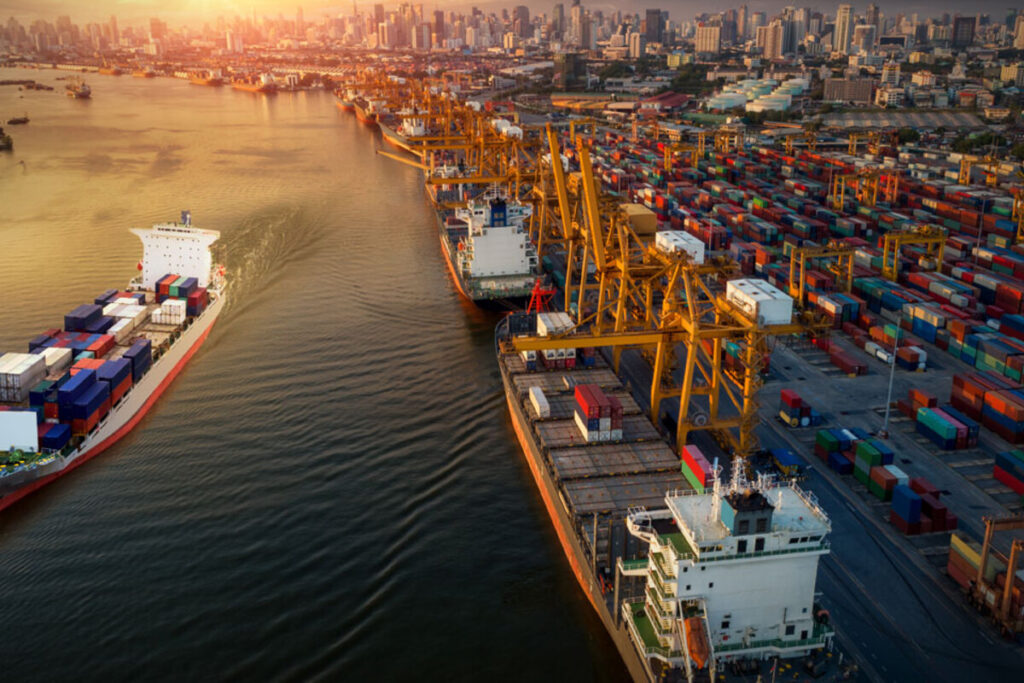Global supply chains cannot exactly be ruled as a thing of the past. They have indeed evolved. However, they are not yet obsolete. But it calls for businesses to change the way they carry out their operations to keep up with the trends in global supply chains.
Global supply chains are no longer resilient. There are several reasons why global supply chains are placing themselves in jeopardy.
Reliance on Single Suppliers
When a single source or supplier fails, the entire chain is affected. Many industries rely largely on a few suppliers. This makes them vulnerable to shocks induced by climate change.
Geographic concentration
Many businesses rely on suppliers in a single geographic region. This puts them in danger if that place is hit by a natural disaster.
No backup inventory
Some businesses use ”at the moment” manufacturing techniques. It is a technique that avoids building big stocks in advance and instead produces products in response to consumer demand. It’s impossible to provide products to customers without a backup.

Risks posed by climate change
Extreme weather events are becoming more often as a result of climate change, such as wildfires, droughts, hurricanes, and flooding. According to several research, as climate change increases, we should safely expect these extreme events to continue, and possibly become more common. Climate change is most certainly the greatest threat to global supply systems.
Increased Sourcing Issues
Resource scarcity is becoming more acute as a result of climate change. A scarcity of critical resources could have a significant influence on product sourcing and production.
Many products are made with natural resources. They may become increasingly limited as a result of climate change.
Mitigation
Improving supply chain sustainability will be critical in combating climate change before it becomes hard to resolve. While there are several parts of the supply chain that firms may address to become more sustainable, such as transportation emissions, many large corporations have yet to begin implementing these tactics. To reduce climate change, businesses must begin developing ecologically responsible supply chains and supplier control through a range of measures.
If you are in charge of a business, you must figure out how you will adapt your business to the current workings of global chains. Change is inevitable and you cannot expect to remain relevant when using outdated processes.

